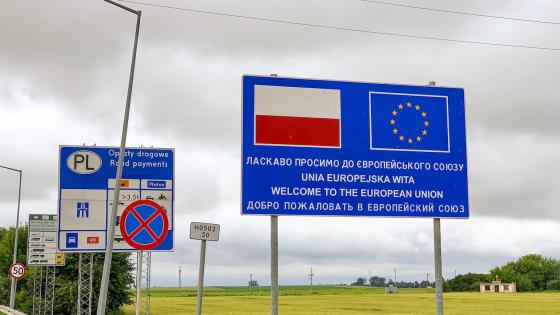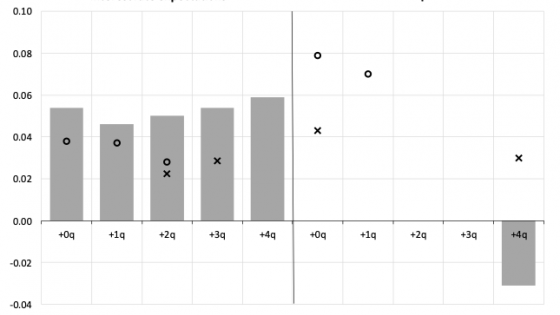DP2000 Advantage Through Training? A Microeconometric Evaluation of the Employment Effects of Active Labour Market Programmes in Poland
We estimate the employment effects of training, intervention works (subsidized employment) and public works programmes in Poland. The analysis is based on retrospective monthly calendar information on the labour force state and Active Labour Market Programme (ALMP) participation between January 1992 and August 1996. The data are obtained from the Polish Labour Force Survey of August 1996 and its Supplement on Labour Market Policies. Because there is no general agreement on the appropriate evaluation methodology when working with non-experimental data, we use two widely applied approaches to identify causal effects. First, non-parametric estimates of the programme effects are obtained on the basis of matched samples. Second, we use traditional econometric modelling in the form of duration models with unobserved individual heterogeneity. We find that training improves the employment opportunities of both men and women, whereas intervention and public works do not: intervention works prolong unemployment for both genders as do public works for men. The number of observations on women in public works is too small to make a statistically safe statement. In general, all ALMP effects are larger in absolute size for men than for women.


